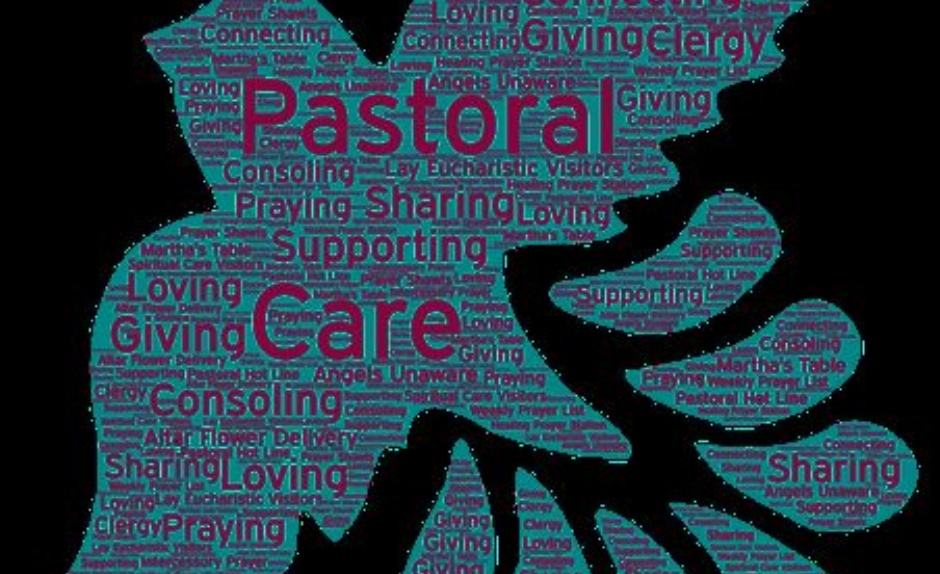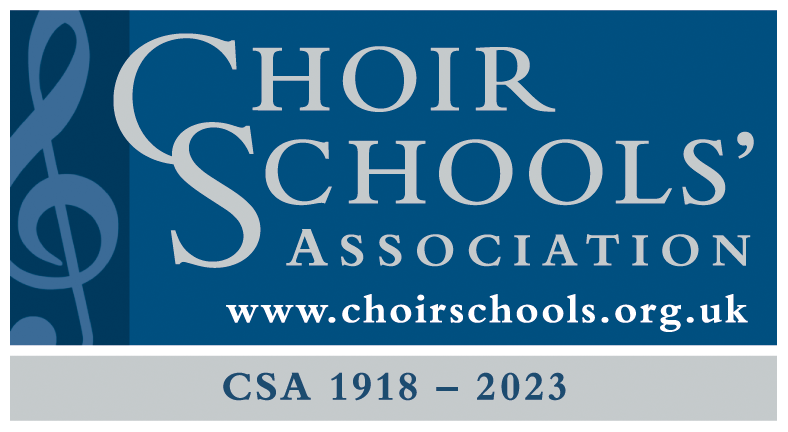Wellbeing Matters

What is pastoral care in schools?
Following on from Matt Shroff’s recent article on what it's like being the Director of Wellbeing, our Deputy Head (Pastoral), Tom Rainer, was also asked the same question about his role as Head of Pastoral Care.
Pastoral Care is not easy to define and certainly not in comparison to the parallel academic role. Indeed, this role, and its place in schools, has become more relevant over the last decade, particularly coinciding with the increasing emphasis on PSHEe (Personal, Social, Health and Economic education). Interestingly, searching for a definition brings a wealth of rich and varied terms.
What is pastoral care in schools?
One definition says: "Pastoral care in education means a whole-school strategic and operational approach to improve learners' attendance, and to foster an atmosphere that is conducive for learning and promotes tolerance, resilience, fairness, and equal opportunities for all, with due regard for protected characteristics." Another states: "At its simplest, pastoral care is the provision a school makes to ensure the physical and emotional welfare of pupils. It is the essential foundation upon which learning can take place. That said, schools with high standards of pastoral care go much further than just a basic commitment to welfare, with pastoral care extending to every aspect of school life to foster pupils’ personal development as much as their academic progress".
At Pilgrims’, it encompasses our promotion of positive behaviour delivered through our PSHEe (Personal, social, health and economic education), SMSC (spiritual, moral, social, and cultural development) and our RSE (Relationships and Sex Education) programmes. Further to that, we use our Director of Wellbeing, ‘Group’, Tutor system, Assemblies, and ‘themed’ days, as well as our sanction system to help the boys learn respect for themselves and self-regulation. All of these are ‘relationally’ based and centre around ‘having conversations’.
Last week Mr Shroff wrote, ‘from a PSHEe cynic, I have become an evangelist’. While I have never fallen into the camp of cynic regarding Pastoral Care, I certainly have become more and more convinced of its key place in schools as we help our young people navigate the world in which we currently live and prepare for the one we will inhabit in the future.
Similarly, Pastoral Care has become more relevant in today’s world. Jack Ma, the Chinese billionaire, advocates the teaching of ‘soft skills’. Government legislation and guidance has simply stated that it needs to lie at the heart of programme in schools. In recent years, it has changed from being a ‘reactive’ programme set up for when things go wrong to becoming ‘proactive’, particularly focused on how we prepare young people for the future. As stated earlier, this should be a whole school approach and I would suggest that in future it will develop further to become a whole community approach.
How does this manifest day to day? How do we help the boy who is upset, the pupil who is struggling with self-esteem, the group of boys who don’t quite get the dynamic right. The issues of bereavement, separation, illness, online learning, friendships, puberty, tiredness, online safety, difficult subjects such as MeToo, BLM, Everyone’s invited, the world around us.The list could go on and on and each person would have an area to add to these examples. To answer these questions, I would suggest that successful Pastoral Care of every single individual, group or even the whole school requires being prepared to get your hands dirty and stepping into the privileged position of dealing with difficult, emotionally charged and upsetting situations and subjects, to come up with solutions to make everyone’s lives better. Easy? No. Challenging? Certainly. Rewarding? Undoubtedly. Enjoyable? In a strange way, yes.
Often the situations that have successful outcomes rarely make it into the public domain or put a name on an honours board or sit alongside achievement. However, there is a quiet satisfaction of looking a boy in the eye and saying well done while knowing that in some small way we, as a school community, made a big difference.
Mr Tom Rainer
Deputy Head Pastoral








